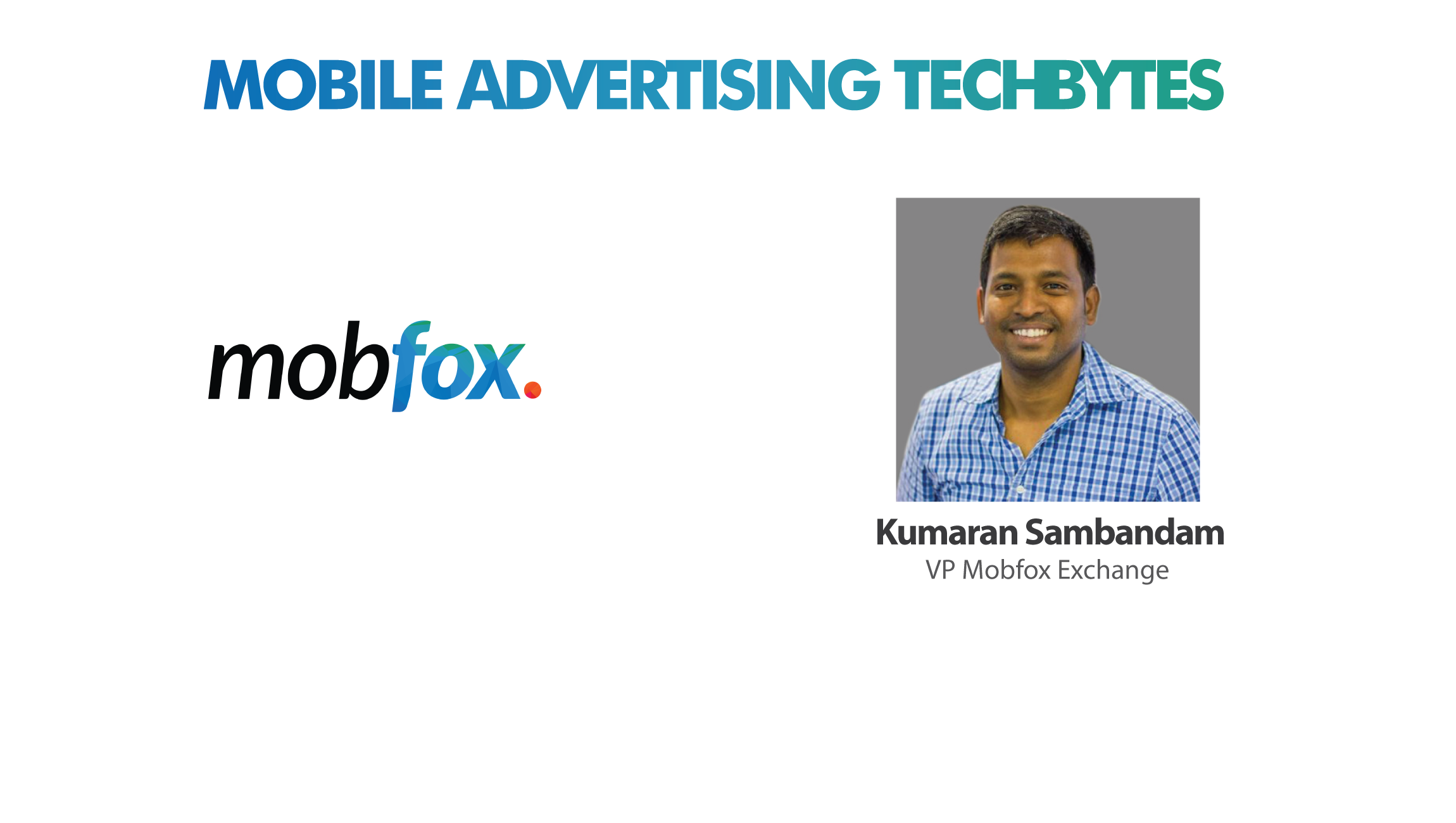On Marketing Technology
MTS: Tell us a little bit about your role at ArcTouch and how you got here?
Well, let’s just say it’s a good thing I practiced improv in college. Because even eight years after we started ArcTouch, rarely a day goes by when there’s not some kind of surprise that requires some creative and original thinking. That’s part of life working in mobile and the IoT. Officially, I’m the founder and chief experience officer at ArcTouch. My business partner (Eric N. Shapiro) and I first conceived of ArcTouch after the iPhone and original App Store launched. We’ve since grown a team that has designed and developed more than 400 commercial apps for mobile and connected devices, and more recently we’ve been creating smart things like chatbots and voice applications. We’ve been fortunate to work with a lot of world-class brands and disruptive startups to create some pretty amazing connected experiences.
MTS: Given the massive proliferation of marketing technology, how do you see the martech market evolving over the next few years?
Well, it’s certainly going to get smarter. We have tools that are collecting an incredible amount of data, but there’s still a long way to go for our industry to actually leverage that data, to make it meaningful for consumers and useful for marketing practitioners. And we’ll probably be saying that “we’re only at the beginning” for a few more years. Part of the challenge is to get out of an individual tool mindset and begin to create more cohesive experiences across mediums. In other words, we need to stop thinking in terms of the web, apps, social, bots, assistants and any other emerging platforms. We need to create an experience layer above those platforms — because after all, our goal is to serve and reach people, not just build a bunch things. That means there’ll need to be a lot of emphasis on creating links and data flow between platforms.
MTS: What do you see as the single most important marketing technology trend or development that’s going to impact the industry?
The evolution of AI. I don’t know if it’s possible for an acronym to be so vastly overblown and yet so crucial to where we’re headed. Based on the literal definition of “artificial intelligence” our industry has undoubtedly overused and overloaded the term. But whatever you want to call it, AI and our ability to transform data into smart, personalized experiences — well above and beyond the web sites, apps and bots we make today — is going to dramatically change how we work and how we live.
MTS: What’s the biggest challenge that CMOs need to tackle to make marketing technology work?
Finding good people. The landscape of martech services and vendors has very quickly become enormous. CMOs need to surround themselves with experts in the categories to understand the different categories of technologies, and how best to take advantage of those capabilities. Whether through agency experts (like our team at ArcTouch for mobile) or through in-house teams, you’ll need good people around you with the collective insight that’ll help you define your bigger marketing strategy.
MTS: How do you prepare for an AI-centric world as a mobile marketing leader?
First and foremost, it’s crucial to think about all the places you might be capturing customer data and make sure your data stores are in order. AI is only going to be as good as the data that powers it. In parallel, you should be thinking about the kinds of business and user problems that you can solve with AI. Can you improve your sales response time with a bot on your website? Can your product experience benefit by proactively making decisions based on your user data rather than relying on direct user input? Can AI help improve your ad targeting based on behavior? One way to stimulate ideation among your teams is via a hackathon. We run hackathons for some of our clients to help their internal teams come up with new ways to take advantage emerging technologies and AI. We believe that product innovation can help capture hearts and minds of consumers more effectively that marketing campaigns. A quality product that’s both useful and delightful product sells itself.
MTS: What role do you expect mobile and connected devices to play as part of bigger integrated marketing strategies?
We’re now spending more time on our phones than on our computers, and it’s safe to say that our phones are at arm’s length when not being used. The intimate relationship created by the ubiquity and mobility of smartphones have made them incredibly valuable for brands working to engage more deeply with customers. Because of this, phones will continue to grow in importance, with wearables, home assistants like Alexa and Google Home, and other connected devices to follow as among the most valuable, personal ways for brands to connect with consumers.
MTS: What do marketers need to consider when it comes to mobile apps and connected devices?
We’re in the midst of a big shift when it comes to applications. Apps that used to live in silos on mobile phones are fast becoming the center of experiences that transcend platforms. Mobile voice assistants like Siri and the Google Assistant are pulling information from apps (if the apps support them, which they should) to give people glanceable information at the moment they need it. Messaging platforms like Facebook’s Messenger, Kik and Slack have AI driven bots that serve as brand concierges, and offer up a slice of information then usher people to deeper, more engaging experiences through deep linking to apps and the web. As Forrester recently put it, marketers and product strategists need to consider an “App+” strategy to engage more deeply with their customers — you need to get out of that tool mindset and consider experiences that span across mediums.
MTS: Where are the biggest missed opportunities for mobile marketers today?
We’re incredibly bullish on the potential of augmented reality, especially with Apple’s recent unveiling of ARKit. The hardware technology in phones today, with the right app, is perfectly capable of delivering engaging augmented experiences that bridge the digital and physical worlds we live in. But adoption has been slow, in part because there’s market confusion about virtual reality. Virtual reality can be fantastically immersive, but it needs additional hardware. There are plenty of real-world problems we can solve today with augmented reality — from trying to visualize what a sofa would look like in your living room to adding new dimensions to 2D textbooks.
This Is How I Work
MTS: One word that best describes how you work.
Grounded. I try not to get too up or too down with business wins and losses.
MTS: What apps/software/tools can’t you live without?
Spotify and Sonos for music (we run it in our office all day). Flowdock for our enterprise chat client.
MTS: What’s your smartest work related shortcut or productivity hack?
I always try to identify one hard thing I want to get done each day, and I do that first, in the morning, when I’m fresh and my focus is optimal.
MTS: What are you currently reading? (What do you read, and how do you consume information?)
I just finished Disrupted, a great read for anyone thinking about company culture and transparency. I’m more of an online magazine/enewsletter person than a book person. I’m a big fan of Dave Pell’s NextDraft newsletter.
MTS: What’s the best advice you’ve ever received?
It’s better to be decisive and wrong than it is to take too much time evaluating options. Things move quickly in our industry; you need to make hard decisions when sometimes you’d like more information.
MTS: Something you do better than others – the secret of your success?
Diplomacy. Running a mobile and digital agency means I have lots of audiences I need to consider: Clients, employees, business partners, and users of our apps. You have to be able to have empathy for each person’s unique point of view and know how to negotiate a path forward despite varying interests.
MTS: Tag the one person whose answers to these questions you would love to read
Sir Martin Sorrell, a true innovator and visionary in marketing.
MTS: Thank you Adam! That was fun and hope to see you back on MarTech Series soon.
I have over 25 years experience creating award-winning products & services for consumers and businesses. In 2008, I co-founded ArcTouch, one of the first app design & development consulting companies. ArcTouch has created hundreds of custom apps and other unique software experiences for leading brands and the Fortune 500.

ArcTouch helps brands connect more deeply with customers through custom experiences for phones, tablets and smart things. We transform app ideas into experiences for a wide range of connected devices you hold in your hand, wear on your wrist, and use in your home and car. Our world-class clients range from Fortune 500 businesses to well-known brands and influential startups, including NBC, Honeywell, Yahoo, CBS, Guess, Salesforce, Skyjet, Audi, and many more. ArcTouch is part of Grey, a WPP company.
The MTS Martech Interview Series is a fun Q&A style chat which we really enjoy doing with martech leaders. With inspiration from Lifehacker’s How I work interviews, the MarTech Series Interviews follows a two part format On Marketing Technology, and This Is How I Work. The format was chosen because when we decided to start an interview series with the biggest and brightest minds in martech – we wanted to get insight into two areas … one – their ideas on marketing tech and two – insights into the philosophy and methods that make these leaders tick.











